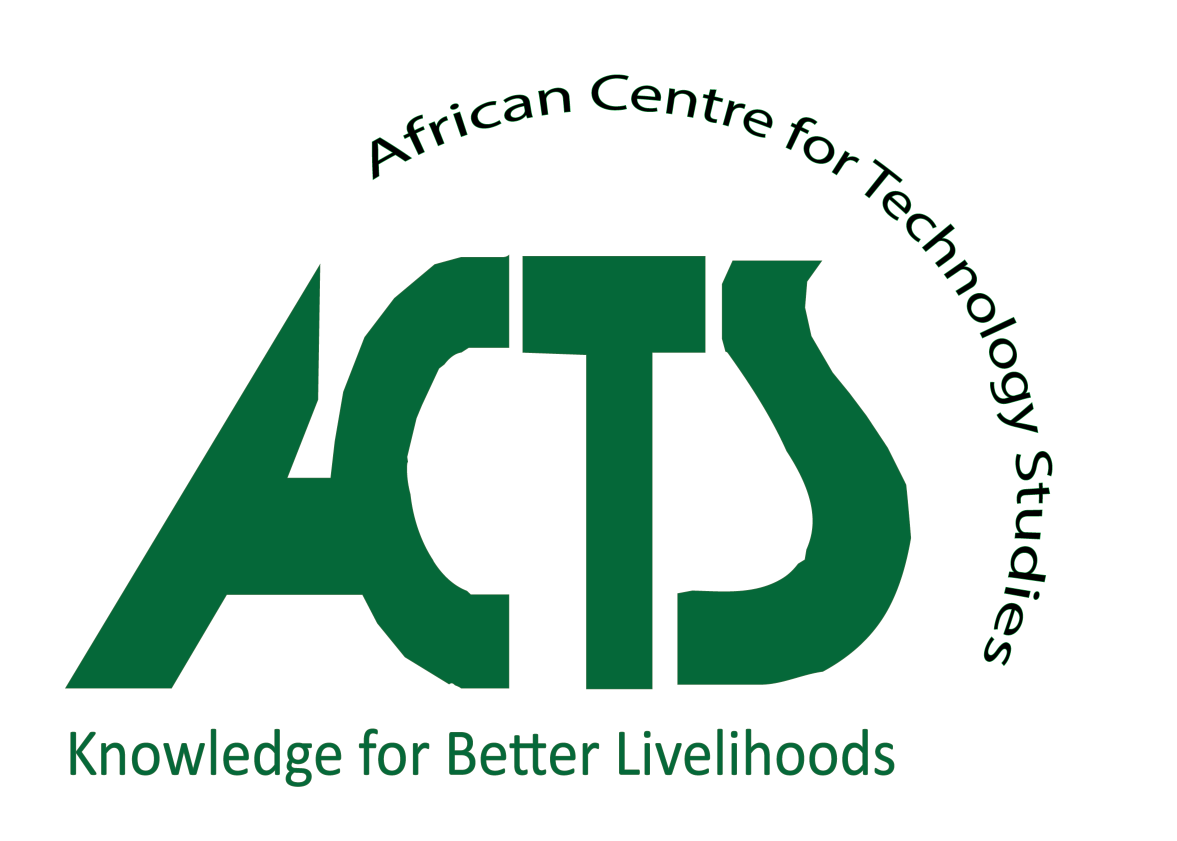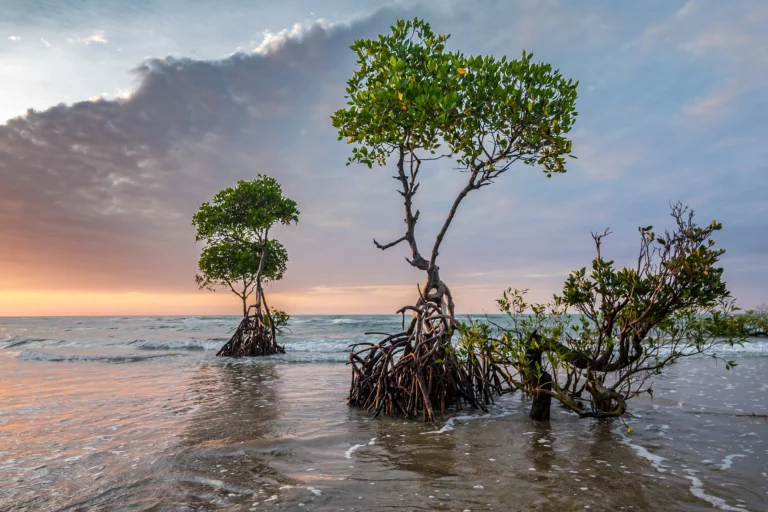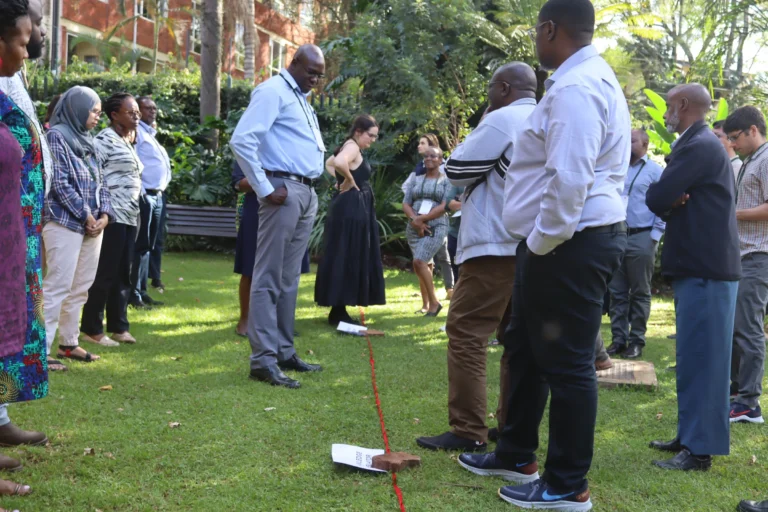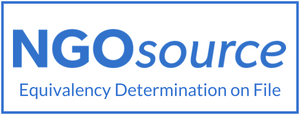Authors: Joan Andega, Maureen Kabasa, Salome Okoth, Joel Onyango
Climate change is not just an environmental crisis, it is a justice crisis. It is about who owns resources, who gets to decide on solutions, and who bears the burden of decisions made in far-away negotiation halls. While developing countries contributed the least to the climate catastrophe, they remain the most affected, with studies indicating that African countries are losing 10-15% of their GDP per capita growth due to climate change.1
Despite being on the frontlines, vulnerable communities are often missing from the rooms where decisions about their futures are made. For years, the dominant approach to climate justice has been to “advocate for” or “represent” vulnerable people. But is that enough? Having a seat at the table is important, but real justice demands more than just symbolic inclusion. It requires shifting from an aid-based mindset to one of accountability. It means ensuring climate finance is not charity but reparation. It calls for rethinking climate finance processes in a manner that centers vulnerable communities’ voices, especially as the world negotiates the New Collective Quantified Goal (NCQG).
The way we conceptualize climate change has often been too narrow, limiting it to an environmental issue when, it is also a property, equity, justice, economic, and humanitarian issue. If we continue seeing climate action purely through the lens of habitat loss or greenhouse gas emissions reduction, we risk ignoring the deep-rooted injustices that have left vulnerable communities disproportionately at risk. Climate justice demands consideration of the history of exploitation and economic systems that have exacerbated climate vulnerability.
While international climate negotiations shape policies that affect millions, they often take place behind closed doors, dominated by government representatives, corporations, and multilateral institutions. But what about the communities living with climate impacts? Who speaks for them? True justice requires more than just speaking on behalf of these groups, it requires creating space for them to be present and actively so, in negotiations. In many instances, vulnerable communities are entirely absent from critical spaces where climate policies are shaped. Representation should not be tokenistic. It must be meaningful, allowing the affected communities to influence decisions directly.
The NCQG, set to replace the outdated $100 billion climate finance commitment,2 is an opportunity to rethink how climate finance is structured. Yet, if the process remains dominated by donor countries and multilateral institutions, it risks repeating past failures, where climate finance is inaccessible, inadequate, and burdensome for those who need it most.
Climate Finance as Reparation, Not Charity
One of the fundamental flaws in climate finance is that it still operates largely as an aid rather than as an accountability mechanism. Developed countries, many of whom have historically contributed the most to climate change, continue to frame climate finance as an act of “goodwill” rather than a duty. Instead of grants, climate funding is provided as loans that must be repaid with interest, and this becomes a financial burden to developing countries. Even concessional loans, which offer lower interest rates or longer repayment periods, still reinforce financial dependence and force climate-vulnerable nations to pay for a crisis they did not create.
This approach perpetuates the power imbalance between donor and recipient countries and fails to recognize the need for distributive and retributive justice. The NCQG presents an opportunity to shift the narrative by ensuring climate finance is no longer a voluntary commitment, but a legally binding obligation grounded in the principles of historical responsibility and justice. The “Polluter Pays” principle must go beyond financial pledges to include legally binding commitments that ensure vulnerable communities receive the support they need without bureaucratic processes and unjust conditions.
If progress is to be made beyond rhetoric and towards action, concrete mechanisms are needed that ensure vulnerable communities are not just being talked about but are actively participating in decision-making processes. Some key approaches include:
- Decolonizing Climate Finance – Moving away from top-down, donor-driven financial architecture, to models that allow developing countries and vulnerable communities to determine their own priorities. This means ensuring climate funds are not dictated by Global North interests but align with the realities of those most affected.
- Direct Access to Climate Finance – Simplifying disbursement processes so that finance flows directly to the communities that need it the most, rather than being locked within bureaucracies.
- Legally Binding Commitments – Integrating climate justice into human rights frameworks and embedding legally enforceable obligations in climate finance agreements to ensure that developed countries honor their responsibilities. Without accountability mechanisms, financial pledges remain empty promises, leaving vulnerable nations in a cycle of crisis and debt.
- Redefining Representation in Climate Negotiations– Ensuring that active participation in key decision-making spaces, such as the Conference of Parties (COP), is not limited to state representatives and financial institutions but includes civil society, youth, and vulnerable communities’ leaders.
Towards Transformative Climate Action
At the heart of climate justice negotiations, we must continually ask – what are we negotiating for? Are we negotiating about communities, or are we negotiating with them? The NCQG represents one of the biggest tests for climate justice in recent years. If it merely repackages old commitments without addressing accessibility, accountability, and equity, it will fail to deliver justice. True climate action is not about charity or symbolic representation, it is about power, agency, and reparative justice. If vulnerable communities are not central to the negotiations that determine their fate, then climate justice remains an empty promise. The challenge is clear, we must move beyond discussions of justice and actively fight for it. Only then can we ensure that climate action is not just fair, but truly transformative.
References
- Baarsch, F. et al. The impact of climate change on incomes and convergence in Africa. World Dev. 126, 104699 (2020).
- From Billions to Trillions: Setting a New Goal on Climate Finance | UNFCCC. https://unfccc.int/news/from-billions-to-trillions-setting-a-new-goal-on-climate-finance.




